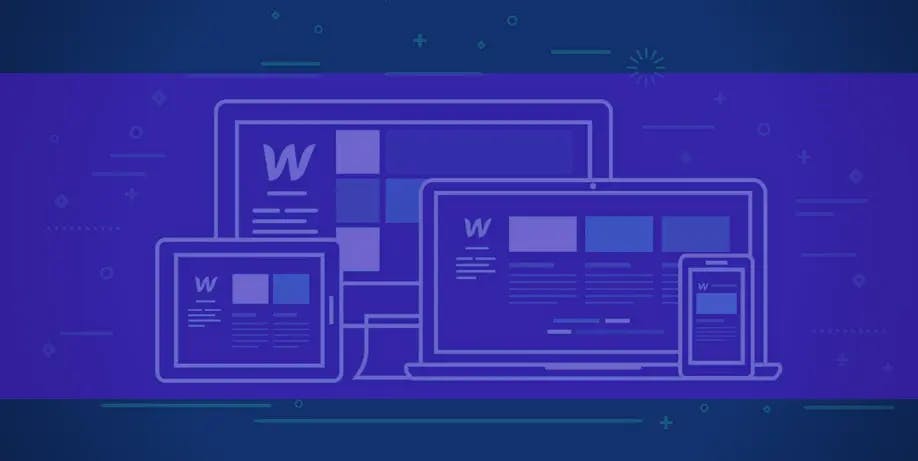Embracing Web Fundamentals: Unveiling the Benefits over Frameworks
In the ever-evolving landscape of web development, developers are faced with a pivotal choice: whether to embrace web fundamentals or rely on frameworks for building their applications. Web development frameworks, while efficient in many aspects, might not always be the best fit for every project.

This article explores the advantages of using web fundamentals over frameworks, highlighting the flexibility, performance, and depth of understanding that fundamental knowledge can bring to a developer's toolkit.
Flexibility and Customization
Web development frameworks offer pre-designed structures and conventions that can accelerate the development process. However, this one-size-fits-all approach might lead to limitations when a project requires unique functionalities or unconventional designs. By focusing on web fundamentals, developers gain the flexibility to create tailored solutions that precisely meet the project's requirements.
Understanding the core technologies—HTML, CSS, and JavaScript—allows developers to craft their codebase from the ground up, incorporating only the features needed. This approach prevents the inclusion of unnecessary code and dependencies, resulting in cleaner and more efficient applications.
Performance Optimization
Frameworks often come with a variety of features and functionalities out of the box. While this can be convenient, it might also result in bloated applications with redundant code that adversely affects performance. Embracing web fundamentals enables developers to optimize every aspect of their code, resulting in faster load times and smoother user experiences.
By handcrafting code, developers can eliminate unused functions and minimize unnecessary overhead. Additionally, deep knowledge of how web technologies operate allows for more effective performance optimization, such as minimizing render-blocking resources and optimizing critical rendering paths.
Long-Term Sustainability
The fast-paced nature of technology means that frameworks can fall out of favor or lose support over time. Relying heavily on a specific framework can lead to challenges when it becomes outdated or unsupported, forcing developers to rewrite substantial portions of their codebase. On the other hand, understanding web fundamentals ensures that developers are not tied to the idiosyncrasies of a particular framework, making their code more adaptable to changes in the tech landscape.
Enhanced Problem-Solving Skills
Building applications from the ground up using web fundamentals fosters a deep understanding of how the underlying technologies interact. This knowledge equips developers with problem-solving skills that extend beyond the capabilities of frameworks. When faced with complex challenges, developers well-versed in web fundamentals can devise creative solutions by combining different technologies, rather than relying solely on framework-specific solutions.
Easier Collaboration
Collaborative development is a cornerstone of modern web development. While frameworks can streamline collaboration through standardized conventions, they can also lead to a fragmented understanding of code for team members who are not well-versed in the specifics of the chosen framework. Emphasizing web fundamentals creates a shared knowledge foundation among team members, facilitating clearer communication and more effective collaboration.
Conclusion
In the tug-of-war between web fundamentals and frameworks, both have their places in the modern developer's toolkit. Frameworks undoubtedly provide expedited development processes and can be advantageous for specific use cases. However, the benefits of relying on web fundamentals—flexibility, performance optimization, sustainability, enhanced problem-solving skills, and improved collaboration—stand as a testament to the enduring value of understanding the core technologies that power the web. Balancing both approaches judiciously can empower developers to create efficient, adaptable, and innovative web applications that stand the test of time.